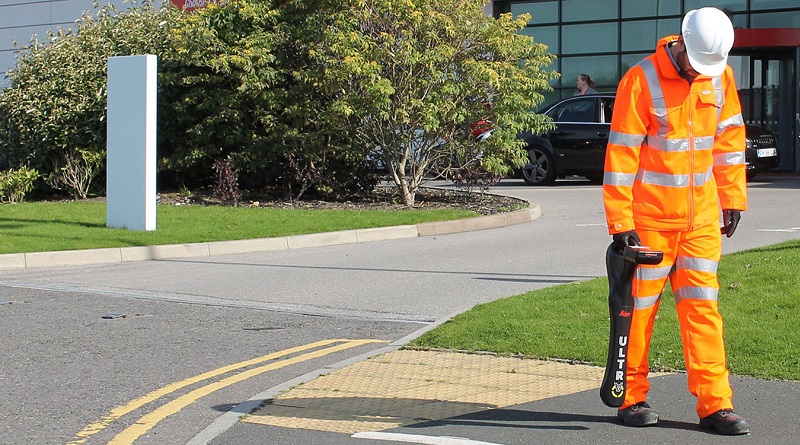All You Need to Know about Cable Locators
As a construction worker, one of the first things we do when we get to the job site is scan for cables and pipes underground, where work is supposed to be done. Nowadays, there’s a countless amount of cables and pipes virtually anywhere, and each and every one of them can pose a real hazard to the workers and their surroundings. That being said, a cable detector is an essential tool to have at your disposal.
Generally, a cable detector, or a cable locator, is made up of two parts – a receiver and a transmitter. The transmitter sends a signal and the receiver picks it back up, thus allowing the user to trace the signal’s path and find the pipe or cable. Cable detecting is typically the first thing that gets done before excavation work, allowing the workers to work in the area without costly damages and safety issues.
Any serious contractor buys a cable locator, as opposed to renting one. However, whether it’s better to buy or rent heavily depends on frequency of use. Sometimes, renting is the more cost-effective option than buying, but that quickly diminishes after renting a couple of times. Regardless, there are a few factors to consider when getting one of these tools, such as strike alert, depth estimation and GPS/GNSS. All of these features can determine whether a cable locator is appropriate or not.
The strike alert is used to alert the user that they’ve detected something underground that’s shallow, and likely to be struck. Some detectors have this technology, while others don’t. Consider whether this is something of importance to you. Depth estimation gives you the estimate depth of the pipe and cable. Some detectors only locate the pipes and cables, but don’t tell you how deep they are. GPS/GNSS receivers add positional data, which can be useful for training and traceability.
Besides buying a cable detector, you might want to consider buying some accessories, such as a signal detector, signal clamps, sondes, flexitrace, and a bag. All of these accessories add convenience, and some of them even improve the user experience by providing more functions. You can look up detectors and accessories online and find many different models. And with the basic knowledge you picked up from here, you can make a comfortable decision. To sum it up, a cable detector is a worthwhile investment that can prevent workplace injuries and many damages, and every construction crew should use one before starting any other type of work.

